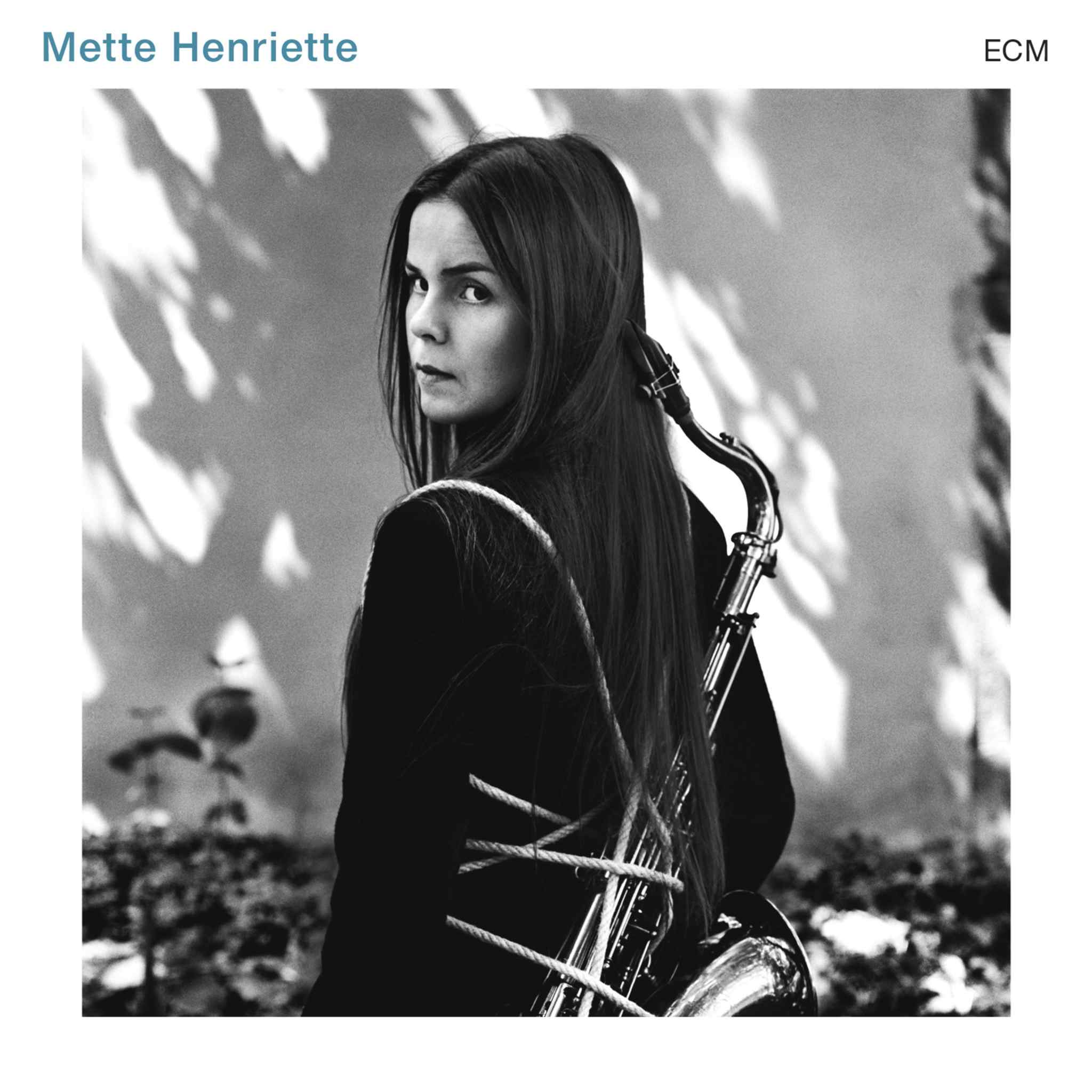The double album of the same name by the young Norwegian saxophonist, composer, and improviser Mette Henriette Martedatter Rølvåg, released on ECM, presents an extraordinary musical vision. Her ensembles bring together jazz and classical musicians, yet the music defies fixed genre boundaries, creating its own unique soundscape. Mette Henriette innovatively combines structure and openness; her distinctive, focused tenor saxophone sound shapes pieces often characterized by a disarming fragility. Here, vulnerability and powerful playing unfold side by side, each finding its place. The recording impresses with its broad emotional and expressive range. The first CD features a trio with Mette Henriette, pianist Johan Lindvall, and cellist Katrine Schiøtt, while the second disc presents the "Sinfonietta" with a total of thirteen musicians. This larger ensemble includes trumpeter Eivind Lønning, drummer Per Oddvar Johansen, and members of the Cikada Quartet, who together contribute their creative talents to Mette's compositions. The recordings were made in Oslo in May and August 2014, produced by Manfred Eicher.

